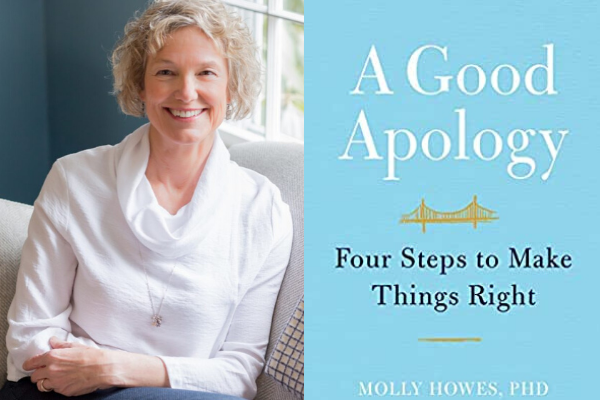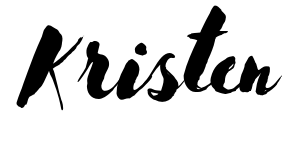We all mess up, we drop the ball, say the wrong thing and hurt someone’s feelings. No doubt, we have all needed to say “I’m sorry” lots of times. But how many of us know how to effectively apologize and make amends? In her new book, A Good Apology: Four Steps to Make Things Right, writer and therapist Molly Howes offers a thoughtful examination and a blueprint for how to make things right when we’ve done wrong.
Molly Howes is a writer of nonfiction and memoir who has spent many years as a clinical psychologist in the Boston area. Her writing received a Notable Listing in Best American Essays 2015 and has reached finalist rounds in national contests. In 2014, she completed the intensive, yearlong Memoir Incubator Program at Grub Street writers’ center. Her new book, A Good Apology, will be released in July 2020 by Grand Central Publishing.
I learned so much from our conversation this week, including that saying the words “I’m sorry” is not necessarily a good apology. In fact, it might not even be a real apology at all. But when done correctly and thoroughly, with sincerity and intention, a good apology not only heals our relationships but it makes us whole again.

So Molly’s book, A Good Apology: Four Steps to Make Things Right, just came out and I highly recommend you get yourself a copy. There isn’t a person on the planet who couldn’t benefit from learning some better apologizing skills. You can learn about Molly Howes and her book at https://mollyhowes.com/.
TAKEAWAYS
- Too often we invalidate our apology by trying to justify our behavior. We want to try to excuse what we did or to make sure to state that we didn’t mean to cause hurt. But the truth is, the person we have wronged doesn’t really care that we didn’t mean to; what they care about is that we understand the hurt we caused and that we have a plan so we don’t do it again.
- It’s important to think of your apology as an invitation for someone to give you the chance to make things right. It’s not a demand. It’s a request and it may be denied. As we learned from Molly, sometimes we don’t get the chance to apologize to someone directly and we need to find another way to make things right.
- A good apology starts with listening. We begin by trying to understand what it’s like for the other person, and to really understand the impact we have had. It’s only when we truly hear the person we have wronged that we can truly know what it is we’re apologizing for. Be a listener, stay curious.
- Once we’re clear about what we need to apologize for, we need to make a statement with regret and empathy. Acknowledge the actions and the affect they had.
- Finally, dood intentions usually aren’t enough. We need to communicate how we’ll make things right and how we’ll do better. We need to actually lay out our plan for how we will do better going forward to make sure the hurt won’t happen again. We need to show we can create new conditions so we don’t produce the same behavior.
SHARE & SUBSCRIBE
Thanks for being here. See you next time!
